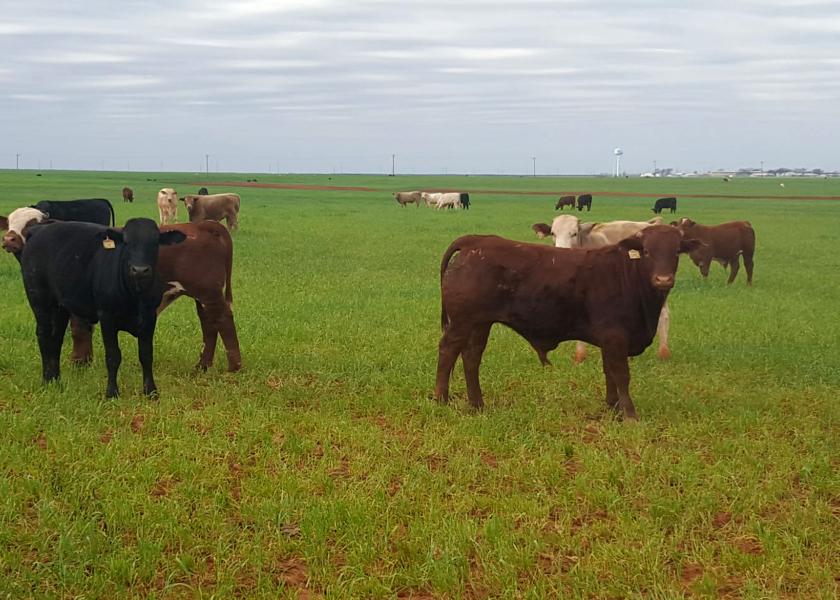COVID-19: Cattle Industry Losses Estimated At $13.6 Billion

DENVER (April 14, 2020) - A new study estimates cattle industry losses as a result of the COVID-19 pandemic will reach $13.6 billion. The study was commissioned by NCBA and conducted by a team of industry-leading agricultural economists led by Derrell Peel, Breedlove Professor of Agribusiness and Extension Livestock Marketing Specialist at Oklahoma State University, to assist USDA in determining how best to allocate CARES Act relief funds to cattle producers.
The study shows cow-calf producers will see the largest impact, with COVID-19-related losses totaling an estimated $3.7 billion, or $111.91 per head for each mature breeding animal in the United States. Without offsetting relief payments, those losses could increase by $135.24 per mature breeding animal, for an additional impact totaling $4.45 billion in the coming years.
Stocker/backgrounder segment losses were estimated at $159.98 per head, for a total economic impact of $2.5 billion in 2020, while feeding sector losses were estimated at $3.0 billion or $205.96 per head.
“This study confirms that cattle producers have suffered massive economic damage as a result of the COVID-19 outbreak and those losses will continue to mount for years to come, driving many producers to the brink of collapse and beyond if relief funds aren’t made available soon,” said NCBA CEO Colin Woodall. “This study also clearly illustrates the fact that while the relief funds provided by Congress were a good first step, there remains a massive need for more funding to be allocated as soon as members of Congress reconvene.”
Woodall pointed out that relief funds that were meant to provide aid directly to cattle producers were divided among multiple commodities, many of which already have government programs in place to support production. However, cattle producers have always maintained their independence from government programs, and most operate today without the safety net others enjoy.
“It’s only because of the extraordinary circumstances we face today that cattle producers need relief. While we appreciate the many members of Congress who supported the cattle industry and ensured cattle producers were eligible for relief funds, we need these same members to do more to make certain every cattle producer who needs relief can access funding. That’s why we’re calling today for additional funds to be made available specifically for cattlemen and women,” said Woodall.
STUDY SUMMARY
The study conducted by Oklahoma State University estimated total beef cattle industry damages of $13.6 billion as of early April 2020. Damage estimates include:
- Revenue losses of $3.7 billion in 2020 to the cow-calf sector, equivalent to $111.91/head for each mature breeding animal in the U.S. If these damages are not offset, additional long-term damages of $4.45 billion or another $135.24 per mature breeding animal will impact the cow-calf sector in coming years.
- Revenue losses of $2.5 billion to the U.S. stocker/backgrounding sector in 2020, equivalent to $159.98/head.
- Revenue losses of $3.0 billion to the U.S. cattle feeding sector in 2020, equivalent to $205.96/head.
- The current situation is very fluid and uncertain. Additional damages are likely.
View the executive summary here.
View the full economic assessment here.
The economic damage assessment was conducted by Derrell S. Peel, Oklahoma State University; Dustin Aherin, Rabobank; Randy Blach, CattleFax; Kenneth Burdine, University of Kentucky; Don Close, Rabobank; Amy Hagerman, Oklahoma State University; Josh Maples, Mississippi State University; James Robb, Livestock Marketing Information Center; and Glynn Tonsor, Kansas State University.
Related stories:







